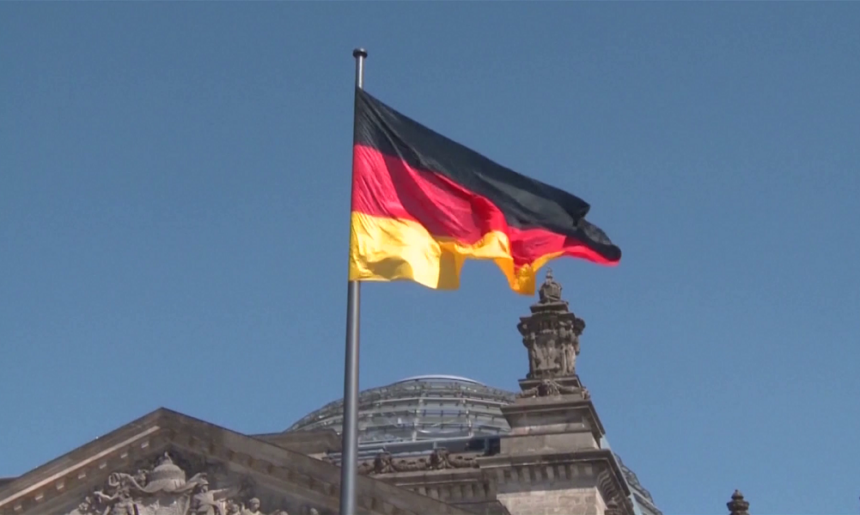RASC News Agency: The German Foreign Ministry has reiterated that it maintains no formal political relations with the Taliban regime in Kabul, clarifying that any existing communication is strictly limited to technical matters. This statement comes amid misleading reports suggesting diplomatic normalization between Berlin and the Taliban’s representatives based in Doha. The ministry’s declaration followed the publication of a meeting between the Taliban’s envoy in Qatar and a German representative for Afghan affairs. Pro-Taliban media, eager to manufacture legitimacy, portrayed the encounter as a milestone in restoring diplomatic ties. In response, Germany firmly denied these claims, asserting that the Taliban a hardline and authoritarian group that seized power through force remains unrecognized by the international community, including Germany.
“There is no intention of establishing political relations with the Taliban,” a spokesperson from the German Foreign Office told Die Tageszeitung. “Our contacts are confined exclusively to technical matters and serve specific, practical purposes.” Berlin has emphasized that the Taliban’s oppressive governance, their ongoing suppression of women’s rights, the persecution of minorities, and the dismantling of civil liberties render them an unacceptable interlocutor for any form of diplomatic normalization. Simultaneously, the new German coalition government has announced plans to resume the deportation of rejected Afghanistani asylum seekers, particularly individuals convicted of crimes or deemed national security threats. While this policy has drawn criticism from human rights groups, officials argue that such measures are necessary for domestic security.
However, the practical implementation of deportations requires a limited degree of engagement with Taliban-controlled institutions in Kabul specifically for verifying identities and issuing temporary travel documents. This technical coordination, though unavoidable, remains diplomatically sensitive. Germany has taken measures to ensure that these interactions do not amount to political endorsement. Its embassy in Kabul remains closed due to security threats, and all affairs related to Afghanistan are managed through its diplomatic mission in Doha, Qatar. Moreover, the Afghanistani consulate in Munich still nominally functional has been reported to coordinate indirectly with Taliban authorities for basic consular services. This has raised concern among rights activists, who warn that even technical interactions risk legitimizing an extremist regime that rules by fear and coercion.
The Taliban, since their return to power in August 2021, have sought international recognition by manipulating diplomatic gestures and overstating foreign contact. Germany’s firm rejection of political engagement underlines the international community’s ongoing refusal to recognize a regime that violates international norms, excludes half the population from public life, and continues to wage psychological and institutional warfare on ethnic and religious minorities. Critics point to the inherent moral contradiction: while governments like Germany categorically refuse to engage with the Taliban politically, they are compelled by necessity to cooperate technically, particularly in areas like migration, humanitarian access, and consular affairs. This creates a dangerous grey zone, one the Taliban exploit to falsely signal international acceptance.
Despite this complexity, Germany’s official position remains unambiguous: there will be no political normalization, no formal recognition, and no diplomatic rehabilitation of the Taliban.






